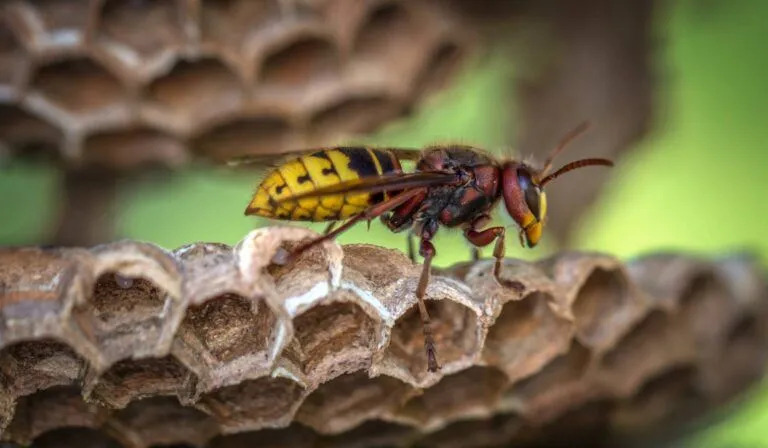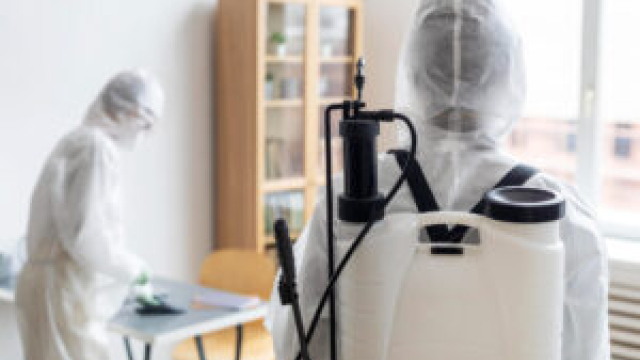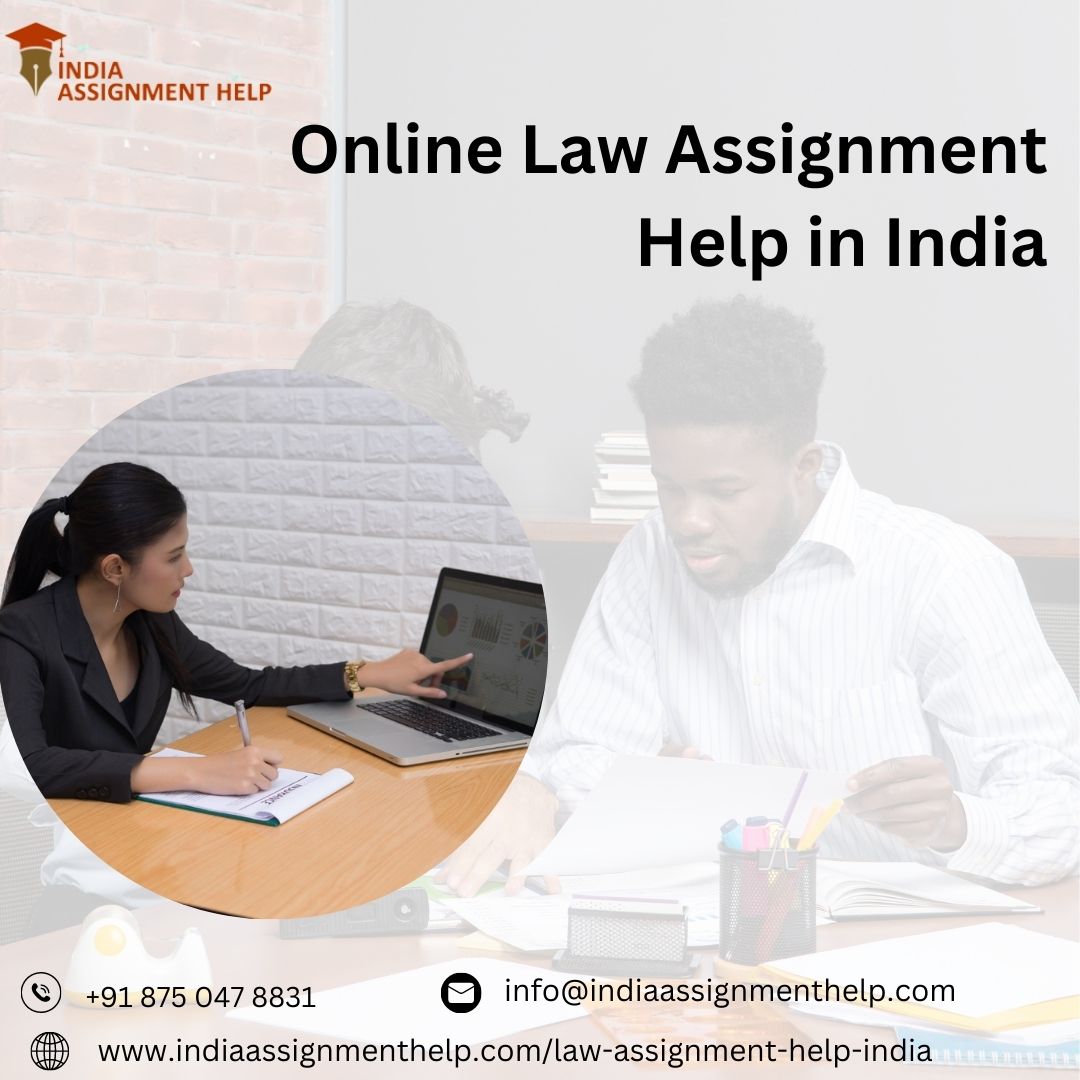Wasps play important roles in ecosystems as predators and pollinators. Some species prey on other insects, helping to control pest populations, while others pollinate flowers as they feed on nectar. However, wasps can also be considered pests when they build nests in or near human dwellings, posing risks of stings and property damage.
Controlling wasps can be challenging, but several methods can help manage infestations effectively:
- Natural Repellents: Utilize natural repellents such as peppermint oil, citrus sprays, or vinegar solutions to deter wasps from nesting in specific areas. These substances can be sprayed around entry points or potential nesting sites to discourage wasps from building colonies.
- Professional Extermination: For severe infestations or hard-to-reach nests, hiring a professional exterminator is often the most effective solution. Trained technicians have the expertise and equipment to safely remove wasp nests and eliminate colonies without posing risks to occupants.
- DIY Traps: Set up traps to capture and kill wasps. There are various types of traps available, including baited traps and sticky traps. Follow manufacturer instructions carefully and place traps away from areas frequented by humans and pets.
- Seal Entry Points: Inspect buildings for gaps, cracks, and openings where wasps may enter and seal them appropriately using caulk, foam, or weatherstripping. This prevents new wasps from gaining access to nesting sites indoors.
- Remove Attractants: Minimize factors that attract wasps, such as exposed food, sweet scents, and standing water. Keep outdoor areas clean and tidy, and dispose of garbage properly to deter foraging wasps.
- Nest Removal: If you discover a wasp nest on your property, approach removal cautiously. Wait until evening when wasps are less active, and wear protective clothing, including long sleeves, pants, gloves, and a veil. Carefully remove the nest and dispose of it properly.
- Plant Repellent Plants: Certain plants, such as mint, basil, and eucalyptus, have natural repellent properties that can help deter wasps. Planting these around your home or garden may discourage wasps from nesting nearby.
- Professional Prevention Services: Consider enlisting the help of pest control professionals to implement preventive measures. They can conduct inspections, identify potential nesting sites, and recommend strategies to reduce the likelihood of future infestations.
By combining these methods and taking proactive measures, you can effectively control wasp populations and minimize the risks associated with infestations. However, always prioritize safety when dealing with wasps, especially if you have allergies or are unsure how to handle a situation.
Types of Wasps
There are various types of wasps, including paper wasps, yellow jackets, and hornets. Each species exhibits different behaviors and nesting habits, impacting the approach to control and removal.
Common Wasp Infestation Areas
Wasps often build their nests in sheltered areas around homes and gardens, such as eaves, attics, and trees. Identifying these locations is crucial for effective control measures.
Dangers of Wasp Infestation
Wasp stings can cause severe allergic reactions in some individuals, leading to medical emergencies. Additionally, nests near buildings pose risks of structural damage and can deter outdoor activities.
Importance of Wasp control New Westminster
Addressing wasp infestations promptly is vital to mitigate potential risks to health, property, and the environment.
Health Risks
Wasp stings can result in painful reactions, ranging from localized swelling to life-threatening anaphylaxis. Individuals with allergies are particularly susceptible and may require immediate medical attention.
Property Damage
Nests built in or near structures can lead to structural damage over time. Wasps may chew through wood, insulation, and other materials, compromising the integrity of buildings.
Impact on Environment
Wasp populations can disrupt local ecosystems and endanger native species. Controlling infestations helps maintain ecological balance and biodiversity.
Methods of Wasp control New Westminster
Various methods exist for controlling and removing wasp infestations, ranging from natural repellents to professional extermination services.
Natural Wasp Repellents
Some natural remedies, such as peppermint oil, citrus sprays, and vinegar solutions, can deter wasps from nesting in specific areas. These methods are environmentally friendly and safe for use around humans and pets.
Professional Wasp Removal Services
For severe infestations or difficult-to-reach nests, professional exterminators offer effective solutions. Trained technicians employ specialized equipment and techniques to safely eliminate wasp colonies while minimizing risks to occupants.
DIY Wasp Control Techniques
Homeowners can take proactive measures to discourage wasps from nesting on their property. This includes sealing entry points, removing food sources, and deploying traps or deterrents.
Choosing the Right Wasp Control Service
Selecting a reputable wasp control service is crucial for ensuring effective and safe removal of infestations.
Researching Local Options
Begin by researching local pest control companies with experience in dealing with wasp infestations. Check for licenses, certifications, and customer reviews to gauge reliability and professionalism.
Reading Reviews and Testimonials
Reading testimonials and online reviews provides insight into the quality of service and customer satisfaction. Look for companies with positive feedback and a proven track record of successful wasp removal.
Obtaining Quotes and Estimates
Contact multiple providers to obtain quotes and estimates for the cost of Wasp control New Westminster services. Compare pricing, service offerings, and warranties before making a decision.
Preventing Future Wasp Infestations
After addressing current infestations, taking proactive measures to prevent future occurrences is essential.
Sealing Entry Points
Inspect buildings for gaps, cracks, and openings where wasps may enter and seal them appropriately. Repair damaged screens, vents, and windows to prevent access to nesting sites.
Regular Inspection and Maintenance
Schedule regular inspections of your property to identify potential nesting sites and early signs of infestation. Promptly address any issues to prevent infestations from establishing.
Removing Attractants
Minimize factors that attract wasps, such as exposed food, sweet scents, and standing water. Keep outdoor areas clean and tidy, and dispose of garbage properly to deter foraging wasps.
Conclusion
Wasp infestations pose significant risks to health, property, and the environment. Understanding the types of wasps, implementing effective control measures, and preventing future infestations are essential for maintaining a safe and pest-free environment.
FAQs:
Q: Are wasp stings dangerous?
A: Yes, wasp stings can cause severe allergic reactions and, in rare cases, be life-threatening. It’s essential to seek medical attention if you experience symptoms of an allergic reaction.
Q: How do I know if I have a wasp infestation?
A: Signs of a wasp infestation include the presence of nests near buildings, increased wasp activity, and sightings of individual wasps entering and exiting structures.
Q: Can I remove a wasp nest myself?
A: While DIY removal methods are possible for small nests, it’s safer to hire a professional exterminator for larger infestations or hard-to-reach nests to avoid stings and ensure effective removal.
Q: What precautions should I take to avoid wasp stings?
A: Wear protective clothing, avoid swatting at wasps, and refrain from disturbing nests. Additionally, keep outdoor areas clean and minimize sources of attraction, such as exposed food and sweet scents.
Q: How can I prevent wasps from returning?
A: Seal entry points, conduct regular inspections, and remove attractants to discourage wasps from nesting on your property.
Go to Check: https://www.asmpestcontrol.com/pest-control-new-westminster/



